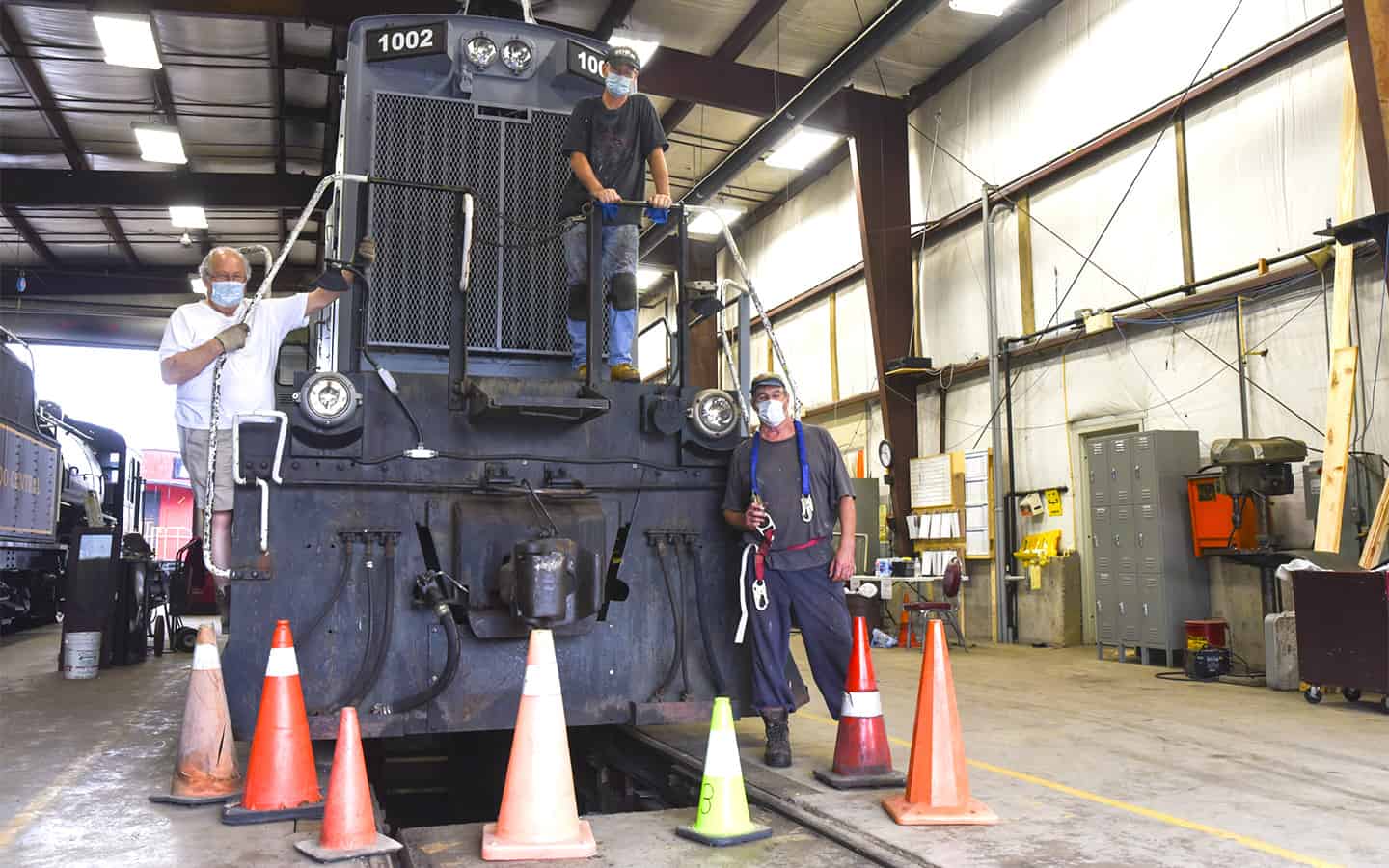The number of new cases remains low and there have been no new fatalities in weeks, but Waterloo Region is not done with COVID-19 at this point, says the acting medical officer of health.
The “first wave is not over,” said Dr. Hsiu-Li Wang in a video briefing June 23, noting the number of cases is stable despite a large increase in the amount of testing being done.
At midweek, there were 92 active cases in the region. The total number of cases since the first was discovered hit 1,268, of which 1,061 (84 per cent) have been resolved. More than 30,000 tests have been conducted, with a positive rate of 4.1 per cent, down from five per cent last week.
Increased testing is being carried out at long-term care and retirement homes, which are now starting to open up to visitors again. That’s likely to result in a spike of positive tests and new outbreaks, Wang suggested.
Visitors are now required to get tested every two weeks to enter such locations, though tests act as only a timestamp, so there’s an elevated possibility of an outsider transmitting the virus to the elderly residents.
Such care facilities continue to be hit hardest by the novel coronavirus, accounting for 83 per cent of the fatalities.
With a relatively high number of long-term care and retirement homes, Woolwich has seen the second-highest rate of cases in the region behind Kitchener. Measured in cases per 100,000 population, Woolwich’s 209.6 is slightly above the 203.4 regional average. Kitchener is at 351.3, most of that due to its care facilities. By comparison, Wellesley Township’s number is 69.
Whatever the reported rate, the precautions remain the same wherever you live in the region, said Wang, pointing to hand-washing and social distancing.
“I think that this is a virus that is spread broadly, and the risk is broadly present across the region. So, my advice for the residents of the Woolwich Township would be the same as for all the residents in the region, and it’d be those public health practices that I’ve been mentioning.”
Residents should become comfortable with the current measures that have been in place for months now, as the virus remains an issue, she noted.
“This is our new normal, and it will continue to be for a long time to come.”
While recommending the use of masks, the region has no plans just yet to make them mandatory, unlike neighbouring Wellington-Dufferin-Guelph Public Health (WDG), which requires facial coverings to be worn in retail settings and on transit.
WDG has had a significantly lower amount of cases than Waterloo Region, with a total of 464, yet has been more aggressive about masks. That situation has not changed the region’s stance of “highly recommending” the use of masks, however.
“A specific area that we’re looking very, very carefully at is transit. I think the overall message has been maintain physical distancing as much as possible and when it’s not possible to maintain physical distancing, strongly recommended to wear a mask,” said Mike Murray, the region’s chief administrative officer.
With people returning to work, there has been a gradual increase in transit ridership, enough to warrant discussions on facial coverings, he added.
Though there’s no timeline just yet, local officials are starting to prepare for stage 3 of the provincial government’s reopening strategy, with Murray noting the region will be following the advice of the health experts.
“I think between Region of Waterloo Public Health and the province … we’ll take our guidance from them on when it’s safe to move to phase 3.”
Wellington-Dufferin-Guelph (WDG) Public Health reported of 464 cases to date. Of those, 353 have been resolved showing a recovery rate of 76.1 per cent. There have been 37 deaths in the catchment area.
The Ministry of Health reported 34,016 cases of the novel coronavirus in Ontario on Wednesday, an increase of 0.5 per cent over the previous day. There have been 2,631 deaths attributed to the virus, representing a mortality rate of 7.7 per cent. The ministry reports 29,336 cases (86.2 per cent) have been resolved.
The latest numbers from Health Canada show 101,963 confirmed cases of COVID-19 nationwide, with 8,454 related deaths, a mortality rate of 8.3 per cent.









